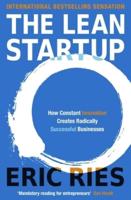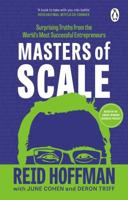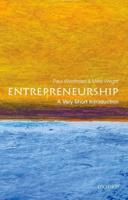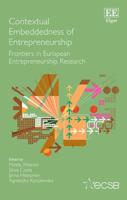Publisher's Synopsis
The Handbook on the Future of Work and Entrepreneurship for the Underserved is a landmark handbook that offers a unique overview of the future of work and entrepreneurship for the underserved communities. Due to the technological disruptions of the 4th industrial revolution and post -Covid transformations, technology will play a central role in industry and work for the 21st century. Underserved communities represent the majority in the global economy in developed and developing countries, and they are disproportionately impacted by the march of technology through Artificial Intelligence, automation, and digitization. Without any specific interventions, this class of workers will be relegated to a "useless class" -lacking the relevant technical skills and competencies fundamental in a highly digitalized and automated world. This handbook sought to answer four key questions: What is the future of work and entrepreneurship for the underserved communities globally? What are footprints of successful work and entrepreneurship evident in underserved communities? How will technological disruption impact underserved workforce and businesses? What needs to be done to harness the gains and mitigate technological disruption in the future of work? The drive to curate this body of work sought to respond to the four guiding questions and find authentic voices, narratives, and trajectories from practitioners and academics on the futures they envision for the underserved.Authors in this handbook canvass a range of topics in the broad areas of technology and innovation, diverse and inclusive labour markets, small businesses development, and education and training. They also explore challenges, hopes, impediments, opportunities, risks, and aspirations that characterize the future of work and entrepreneurship in underserved ecosystems. The handbook brings together unique experiences and multiple perspectives from researchers on the future of work and entrepreneurship for underserved communities in a developing world context. It offers concise context-specific viewpoints on critical aspects of the subject across various developing economies, spanning Africa, Asia, Latin America, and the United States. The handbook underscores the heterogeneity of the future of work and entrepreneurship in underdeveloped, developing, and developed economies and contributes to the ongoing discourses on the subject across the world."Transformation is a never-ending process. The future of work and entrepreneurship for the underserved is a struggle for the progress of humanity globally."










